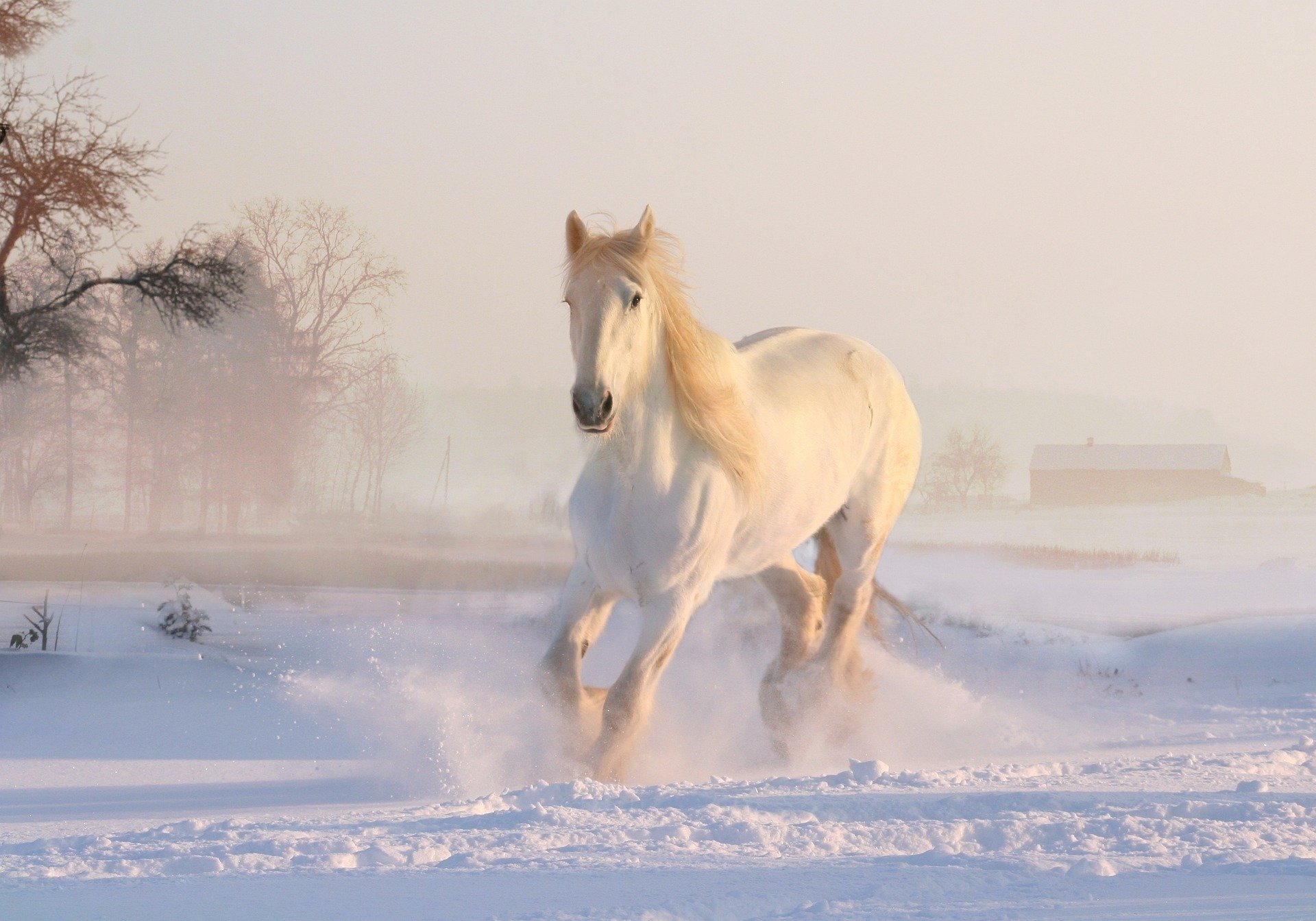minikube is a solution to run a single node Kuberntes cluster inside a VM on laptop.
My use case:
- ubuntu 17.10 on win7 vmware, 4GB memory, 2CPU, 100GB disk
- run minikube in ubuntu 17.10 vm
minikube installation
Here is note refer minikube installation guide, and updated few issues.
minikube binary
oldhorse@ubuntu:~$ curl -Lo minikube https://storage.googleapis.com/minikube/releases/latest/minikube-linux-amd64 && chmod +x minikube && sudo mv minikube /usr/local/bin % Total % Received % Xferd Average Speed Time Time Time Current Dload Upload Total Spent Left Speed 100 39.4M 100 39.4M 0 0 1091k 0 0:00:37 0:00:37 --:--:-- 1330k
verify
oldhorse@ubuntu:~$ which -a minikube /usr/local/bin/minikube oldhorse@ubuntu:~$ minikube version minikube version: v0.24.1
kubectl binary
oldhorse@ubuntu:~$ curl -Lo kubectl https://storage.googleapis.com/kubernetes-release/release/$(curl -s https://storage.googleapis.com/kubernetes-release/release/stable.txt)/bin/linux/amd64/kubectl && chmod +x kubectl && sudo mv kubectl /usr/local/bin
verify
oldhorse@ubuntu:~$ which -a kubectl
/usr/local/bin/kubectl
oldhorse@ubuntu:~$ kubectl version
Client Version: version.Info{Major:"1", Minor:"8", GitVersion:"v1.8.5", GitCommit:"cce11c6a185279d037023e02ac5249e14daa22bf", GitTreeState:"clean", BuildDate:"2017-12-07T16:16:03Z", GoVersion:"go1.8.3", Compiler:"gc", Platform:"linux/amd64"}
start minikube
minikube supports many drivers:
- virtualbox
- vmwarefusion
- KVM2
- KVM (deprecated in favor of KVM2)
- hyperkit
- xhyve
- Hyper-V
- none (Linux-only)
My case the ubuntu vm running on top of win7 vmware, it is possible to run nested virtualization in vmware vm but from resource and performance perspective, none driver is best one for low profile, directly run minikube cluster on vm host instead of nested vm inside ubuntu vm using driver virtualbox or kvm.
docker installation
In fact localkube installs k8s services in docker containers, so docker is pre-condition for minikube + none driver installation.
$ curl -fsSL get.docker.com -o get-docker.sh $ sudo sh get-docker.sh
then let’s start minikube installation.
minikube + localkube
oldhorse@ubuntu:~$ export MINIKUBE_WANTUPDATENOTIFICATION=false oldhorse@ubuntu:~$ export MINIKUBE_WANTREPORTERRORPROMPT=false oldhorse@ubuntu:~$ export MINIKUBE_HOME=$HOME oldhorse@ubuntu:~$ export CHANGE_MINIKUBE_NONE_USER=true oldhorse@ubuntu:~$ mkdir $HOME/.kube || true oldhorse@ubuntu:~$ touch $HOME/.kube/config oldhorse@ubuntu:~$ export KUBECONFIG=$HOME/.kube/config
minikube start –vm-driver=none –v 99
Starting local Kubernetes v1.8.0 cluster... Starting VM... Creating CA: /home/oldhorse/.minikube/certs/ca.pem Creating client certificate: /home/oldhorse/.minikube/certs/cert.pem Getting VM IP address... Moving files into cluster... Downloading localkube binary 148.25 MB / 148.25 MB [============================================] 100.00% 0s 65 B / 65 B [======================================================] 100.00% 0s E1211 12:05:55.387171 8520 start.go:223] Error updating cluster: error creating file at /usr/local/bin/localkube: open /usr/local/bin/localkube: permission denied
the issue is "minikube start" trying to copy localkube to /usr/local/bin right after download, so for sure got permission denied.
Let’s try sudo this time,
Starting local Kubernetes v1.8.0 cluster... Starting VM... Getting VM IP address... Moving files into cluster... Setting up certs... Connecting to cluster... Setting up kubeconfig... Starting cluster components... Kubectl is now configured to use the cluster. =================== WARNING: IT IS RECOMMENDED NOT TO RUN THE NONE DRIVER ON PERSONAL WORKSTATIONS The 'none' driver will run an insecure kubernetes apiserver as root that may leave the host vulnerable to CSRF attacks Loading cached images from config file.
Here is post steps to change back to normal user for localkube,
oldhorse@ubuntu:~$ ll /usr/local/bin -r----x--x 1 root root 155452040 Dec 11 12:08 localkube oldhorse@ubuntu:~$ sudo chown $USER:$USER /usr/local/bin/localkube oldhorse@ubuntu:~$ sudo chmod +x /usr/local/bin/localkube oldhorse@ubuntu:~$ ll /usr/local/bin|grep localkube -r-x--x--x 1 oldhorse oldhorse 155452040 Dec 11 12:08 localkube*
now minikube running as normal user,
oldhorse@ubuntu:~$ minikube status minikube: Running cluster: Running kubectl: Correctly Configured: pointing to minikube-vm at 127.0.0.1
minikube + none driver installation script
I put all above steps in installation script, it does clean up and build a clean minikube cluster in just few mins.
oldhorse@ubuntu:~$ sh ./minikube-none.sh Mon Dec 11 13:27:12 PST 2017 check minikube binary ... minikube existing, change to minikube.old kubectl existing, change to kubectl.old localkube existing, change to localkube.old Install minikube ... % Total % Received % Xferd Average Speed Time Time Time Current Dload Upload Total Spent Left Speed 100 39.4M 100 39.4M 0 0 1224k 0 0:00:33 0:00:33 --:--:-- 1428k Install kubectl ... % Total % Received % Xferd Average Speed Time Time Time Current Dload Upload Total Spent Left Speed 100 49.9M 100 49.9M 0 0 1216k 0 0:00:42 0:00:42 --:--:-- 1488k setup MINIKUBE env ... minikube start ... Starting local Kubernetes v1.8.0 cluster... Starting VM... Getting VM IP address... Moving files into cluster... Downloading localkube binary 148.25 MB / 148.25 MB [============================================] 100.00% 0s 65 B / 65 B [======================================================] 100.00% 0s Setting up certs... Connecting to cluster... Setting up kubeconfig... Starting cluster components... Kubectl is now configured to use the cluster. =================== WARNING: IT IS RECOMMENDED NOT TO RUN THE NONE DRIVER ON PERSONAL WORKSTATIONS The 'none' driver will run an insecure kubernetes apiserver as root that may leave the host vulnerable to CSRF attacks Loading cached images from config file. Mon Dec 11 13:31:15 PST 2017 minikube installation done
minikube test
oldhorse@ubuntu:~$ kubectl run hello-minikube --image=gcr.io/google_containers/echoserver:1.4 --port=8080 deployment "hello-minikube" created oldhorse@ubuntu:~$ kubectl expose deployment hello-minikube --type=NodePort service "hello-minikube" exposed oldhorse@ubuntu:~$ kubectl get pod NAME READY STATUS RESTARTS AGE hello-minikube-57889c865c-fklqz 1/1 Running 0 15s oldhorse@ubuntu:~$ curl $(minikube service hello-minikube --url) CLIENT VALUES: client_address=172.17.0.1 command=GET real path=/ query=nil request_version=1.1 request_uri=http://127.0.0.1:8080/ SERVER VALUES: server_version=nginx: 1.10.0 - lua: 10001 HEADERS RECEIVED: accept=*/* host=127.0.0.1:30952 user-agent=curl/7.55.1 BODY: -no body in request- oldhorse@ubuntu:~$ kubectl delete service hello-minikube service "hello-minikube" deleted oldhorse@ubuntu:~$ kubectl delete deployment hello-minikube deployment "hello-minikube" deleted oldhorse@ubuntu:~$ minikube stop Stopping local Kubernetes cluster... Machine stopped. oldhorse@ubuntu:~$ minikube status minikube: Stopped cluster: kubectl:
follow up
I opened issue to kubernetes/minikube, hope can improve the instruction.
